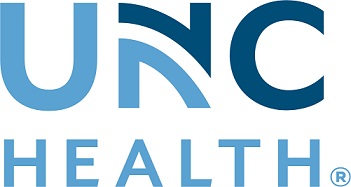Newswise — Several studies have found that a majority of American adults have trouble with basic health literacy tasks such as reading and understanding prescription drug labels and following their doctors’ instructions correctly.
Such mistakes can lead to serious injury or even death. And clinicians themselves are part of the problem, because they don’t always communicate effectively with their patients, in a way that the patients fully understand.
In a move aimed at combating this problem, the federal Agency for Healthcare Research and Quality (AHRQ) has released the “Health Literacy Universal Precautions Toolkit,” which was prepared for AHRQ by the University of North Carolina at Chapel Hill.
The toolkit, which can be downloaded as a PDF from the AHRQ website, is designed to help primary care doctors and their staffs learn how to communicate more effectively with their patients, said lead author Darren A. DeWalt, MD, MPH, an assistant professor in the UNC School of Medicine and research fellow at UNC’s Cecil G. Sheps Center for Health Services Research.
“The toolkit recommends that health care providers assume all of their patients may have trouble understanding what they need to do, and put systems in place to promote better understanding for all patients, not just those you think need extra assistance,” DeWalt said. “Research shows we are not very good at identifying which patients are having trouble understanding what they need to know and need to do.”
“This approach is a ‘universal precaution’ to minimize the risk of patients misunderstanding important information, just as wearing gloves and using proper disposal techniques is a universal precaution to minimize the risk of spreading infection.”
“Clinicians have come to realize that they need to address the health literacy of their patients, but they haven’t known what to do,” remarked Cindy Brach, Senior Health Policy Researcher at AHRQ. “This toolkit – with 20 short tools – provides a roadmap.”
The toolkit outlines a six-step path to improvement for primary care practices to follow and provides a wide variety of tools for them to use to achieve this objective, including videos, posters and sample clinic forms. By implementing the tools, a practice will be able to support their patients’ needs in ways the patients can understand.
In addition to DeWalt, authors of the toolkit include Leigh F. Callahan, Victoria H. Hawk, Kimberly A. Broucksou and Ashley Hink, all from UNC; Rima Rudd from the Harvard School of Public Health and Cindy Brach of AHRQ.
